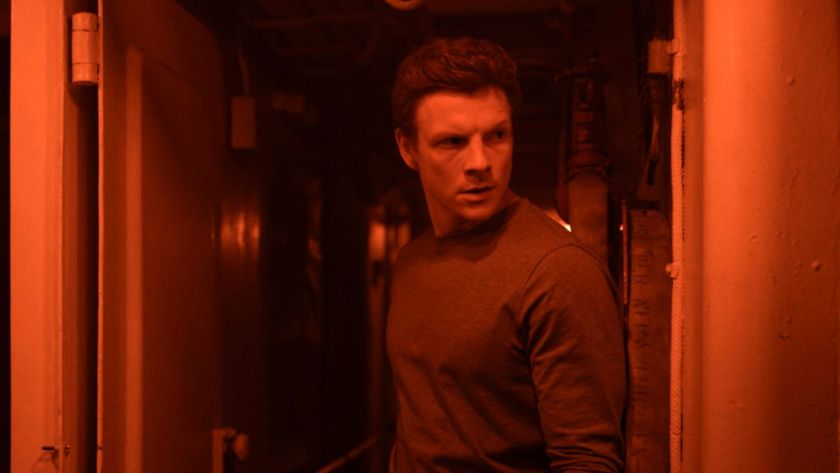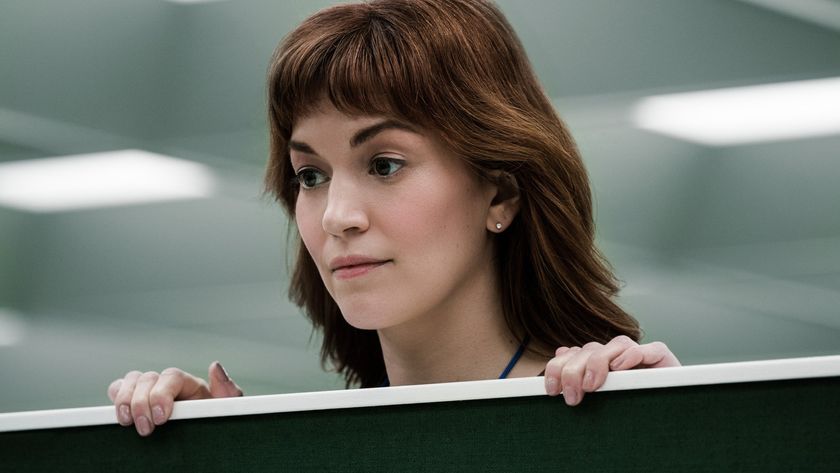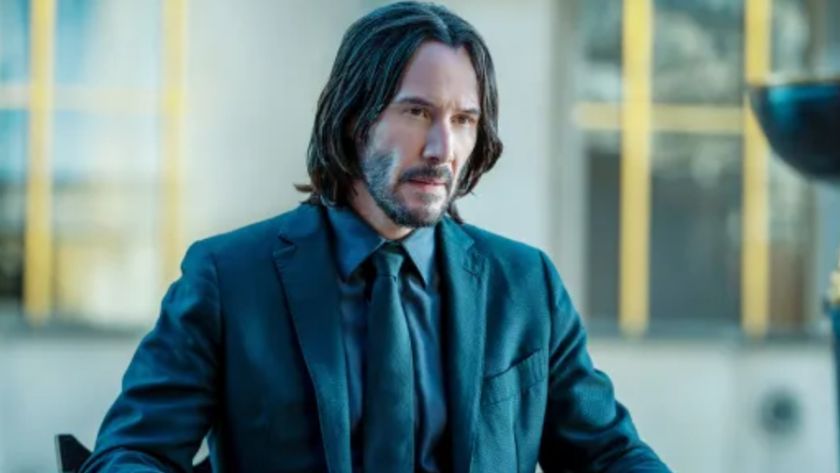Demons producers Julian Murphy and Johnny Capps talk about the creation of the Van Helsing-inspired show.
With a lead character who’s a descendant of Abraham Van Helsing, Demons is clearly inspired by Dracula. Where did you go from there when you developed the show?
Julian Murphy: “It was an organic thing. We gave Peter Tabern, the writer, some parameters, and we talked about a fascination we’d always had with the world underneath London. There’s a book we were reading at the time about the world underneath London, the real old Tube stations and old tunnels, and we gave him that. The rest, I think, is really a testament to his imagination. He created a fascinating galaxy of quite strange characters and moulded that myth into a modern world, and he really is brilliant at that. He’s very skilled at creating a world and creating the creatures that inhabit it, strange Dickensian characters, but more than Dickensian, sort of from a fantasy landscape.”
So do you have a whole backstory for the half-lives (creatures of the night) worked out?
Murphy: “The whole half-life world Peter worked out quite carefully in his head and actually there’s much more of it that’s never really appears. We wanted a longer Van Helsing history than obviously Dracula gave us. It’s a 19th century world, which is as far back as you can go, and that limits what you can plunder of the past, if you like, so we’ve imagined the Van Helsing legacy stretches back hundreds of years earlier, sort of to the middle ages, really.”
Was it always a team-led show?
Johnny Capps: “I think it sort of evolved in the writing of the script. Peter created these fantastic characters. Luke was great and Julian and I loved the idea of empowering a teenager, because it’s very similar to other shows we’ve done alike Sugar Rush and As If. But Peter wrote the character of Galvin, and it was this great redneck American, and he became an interesting character, and Mina Harker, she became intriguing, and then Ruby in the early stages was Luke’s girlfriend, and we kept on developing her character more and more and decided actually she should be the unrequited love story. So when we developed the format the characters kept growing and growing, so our final draft of episode one we were looking at it and going, actually this is about a group of people now rather than just showing Luke’s story, we’ve got this great team of people. But we didn’t set out to say, ‘let’s create a team.’ It evolved as we developed the scripts and the format.”
With monsters and modern London in the mix, it’s an odd concoction. Was that always the intention?
Capps: “I think we wanted to set the show in contemporary London and use the contemporary London skyline, but at the same time lend a sense of Dickensian London to it and draw from different parts of the past, Julian Day, our costume designer, when we were coming up with the idea of [Mackenzie Crook’s vampire, Gladiolus] Thrip was talking about dressing him as a teddy boy and making him quite ‘60s, and we just thought that was a fantastic idea, because there is something quite menacing about a teddy boy outfit with the Thrip make up. And it felt like we were in the right territory going that way - very theatrical costumes, but in the same time we were kind of bedded in our reality.
Does the fact that you’re going out pre-watershed, making Blade-style violence impossible, make things awkward for you?
Capps : “You can suggest violence, you have to be careful how you portray it and you have to be realistic and careful about what you can and can’t do, but if you use your imagination and it’s shot well, it can be just as effective and just as scary. Sometimes it’s quite liberating being pre-watershed because you have to use your imagination and not just rely on gore.”
Did Philip Glenister take much convincing to sign up as Rupert Galvin?
Murphy: “I think it appealed to him, because Galvin is wildly different to Gene Hunt - or anybody else for that matter - and I think that was a big attraction to him. When you’ve spent the last couple of years very much being Gene Hunt to the public, it’s nice to do something different.”
Capps: “It’s a very tricky part. I think all acting in high concept shows is very, very hard. You need a certain kind of actor, because it’s not naturalistic drama - you need an actor that can take dialogue which isn’t naturalistic but say it in a certain way that makes it real, and it’s a very difficult skill. The great thing about Phil Glenister in Life on Mars is it’s real but it’s hyper-real and as an actor he slightly tips a wink at what he’s doing. He doesn’t send it up, but he makes it slightly larger than life, and that’s the kind of thing that we want. Philip was a name we thought of quite early on, because we knew that he could handle this kind of slightly heightened show.”
Sign up to the SFX Newsletter
Get sneak previews, exclusive competitions and details of special events each month!
You can read more about Demons via the exclusive SFX
Demons Survival Guide on the SFX website, or in the latest issue of SFX , on sale now. Demons airs tonight on ITV1 at 7.45pm.
SFX Magazine is the world's number one sci-fi, fantasy, and horror magazine published by Future PLC. Established in 1995, SFX Magazine prides itself on writing for its fans, welcoming geeks, collectors, and aficionados into its readership for over 25 years. Covering films, TV shows, books, comics, games, merch, and more, SFX Magazine is published every month. If you love it, chances are we do too and you'll find it in SFX.













